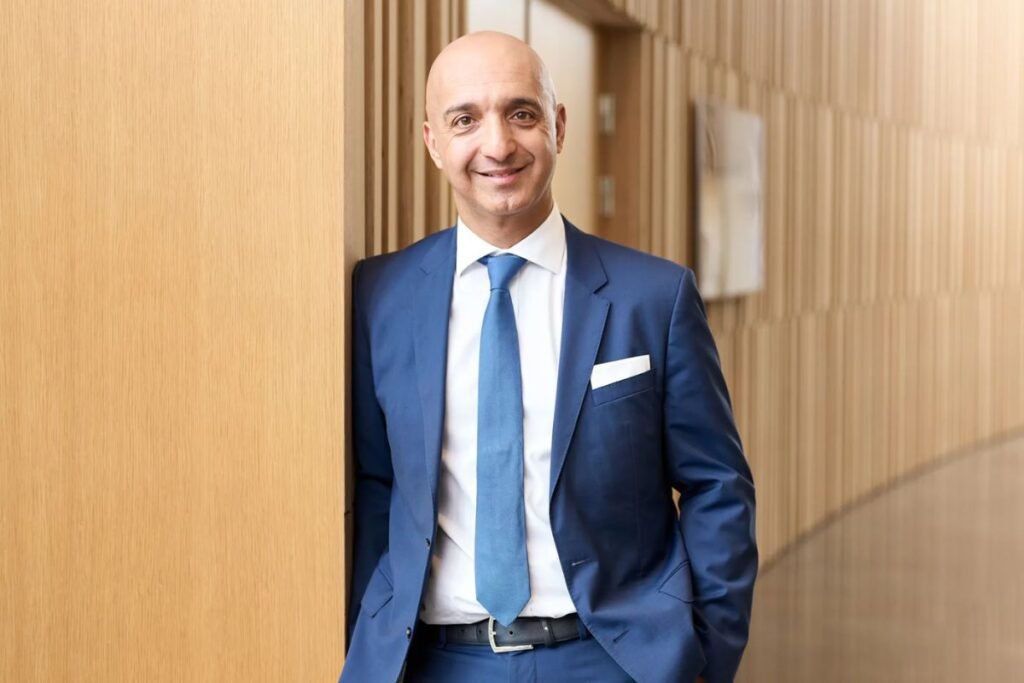In a surprising turn for the global health sector, Danish pharmaceutical leader Novo Nordisk slashed its full-year sales and profit outlook on July 29, 2025, sending shockwaves through the healthcare investment community. The revised forecast now anticipates 8–14% revenue growth, down from the previous 13–21%, and operating profit growth of 10–16%, compared to the earlier 16–24% target.
The downgrade was largely attributed to a slower-than-expected rollout of Wegovy, Novo’s widely prescribed anti-obesity injection, especially in the U.S., where it has faced prescription fatigue, supply limitations, and growing competition. Additionally, Novo acknowledged weaker international uptake and the spread of compounded, unauthorized versions of semaglutide—the active ingredient in Wegovy.
Healthcare analysts responded sharply, warning that the company’s problems signal deeper challenges in maintaining long-term obesity care delivery and patient access. Shares plummeted by as much as 30% in early trading before stabilizing, erasing more than $70 billion in market value, one of the steepest declines for a major drugmaker in years.
Leadership Transition in a Critical Health Moment
Alongside the financial blow, Novo Nordisk also named a new chief executive: Maziar “Mike” Doustdar, a 32-year veteran of the firm, will take over as CEO on August 7, 2025, replacing Lars Fruergaard Jørgensen. Doustdar has extensive experience in international pharmaceutical operations but has never directly overseen the U.S. market—where Novo is currently underperforming.
His appointment has been met with mixed reactions. While internal continuity is valued, many in the healthcare community had hoped for a fresh perspective to guide Novo through the evolving obesity care ecosystem, especially in markets like the U.S. where prescription behavior and access policies are shifting rapidly.
Still, Doustdar has committed to tackling the crisis head-on. In a statement, he emphasized the importance of regaining patient trust, ensuring supply chain stability, and “expanding global access to life-changing treatments for obesity and diabetes”.
Wegovy Faces Growing Health Industry Pressure
Novo Nordisk’s struggles reflect a broader shift in the global obesity drug market. Its main rival, Eli Lilly’s Zepbound, has now surpassed Wegovy in U.S. prescriptions by over 100,000 weekly doses, driven by aggressive pricing, patient outreach, and faster reimbursement pathways.
Moreover, the rise in compounded semaglutide products—available from unregulated pharmacies—has disrupted both treatment standards and revenue models. Regulatory bodies have yet to enforce decisive action, leaving drugmakers like Novo vulnerable to off-label erosion of their carefully developed therapies.
Even Ozempic, Novo’s flagship type 2 diabetes drug, underperformed in the U.S., pointing to larger hurdles in how advanced metabolic therapies are distributed, prescribed, and adopted at scale. As the global burden of obesity and diabetes grows, healthcare leaders and policymakers are watching closely to see how Novo adjusts its strategy.
The spotlight now falls squarely on Doustdar to stabilize access, scale production, and restore Novo’s role as a leader in obesity care innovation. For now, the industry awaits a clearer signal that Novo can regain its footing in one of modern medicine’s most high-stakes battles.









